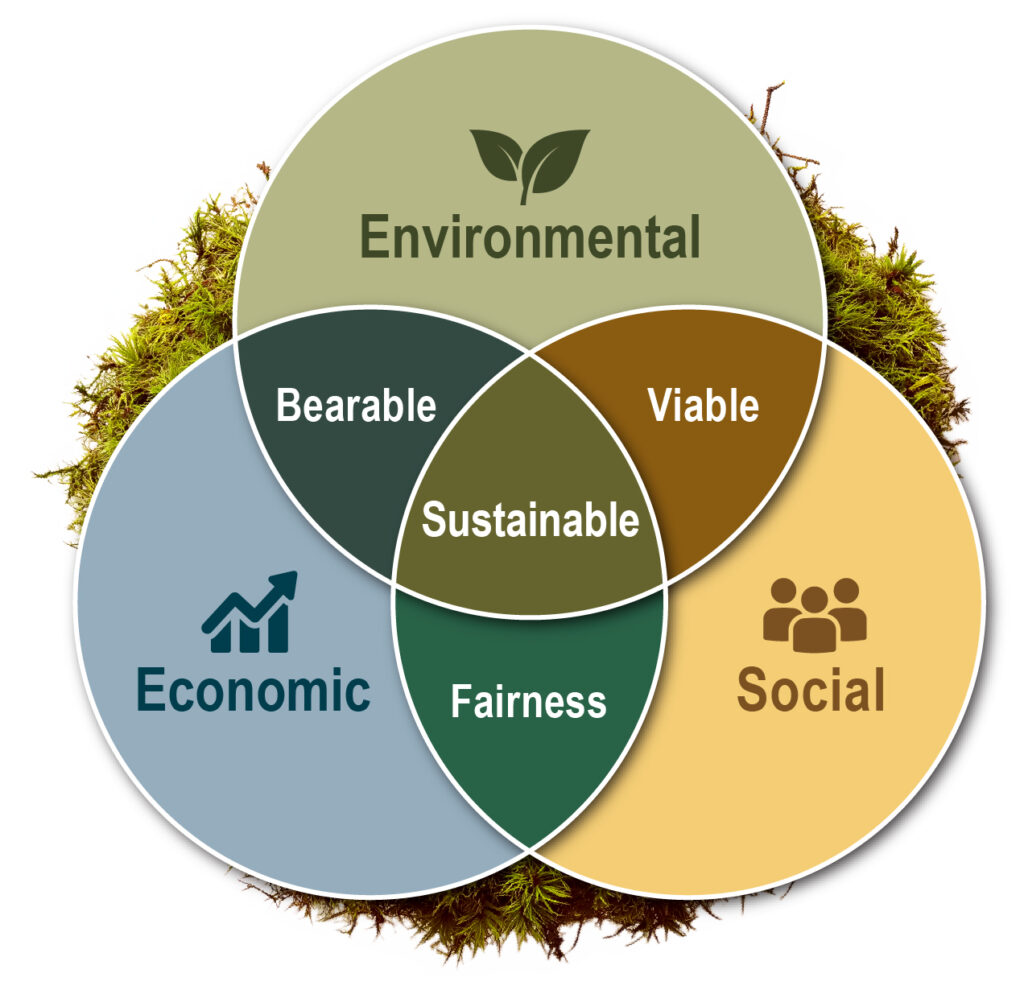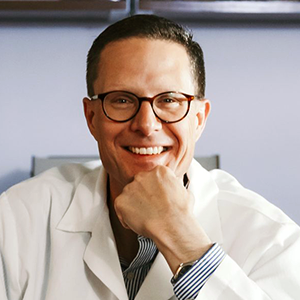Fundamentals and Applications of Life Cycle Assessment

Course Description
The “Fundamentals & Applications of Life Cycle Assessment (LCA)” course is designed for working professionals seeking to deepen their understanding of environmental impact assessment. This comprehensive course introduces the theoretical foundations and methodologies of LCA, guiding learners through the four-step process to evaluate the environmental impacts of products, processes, and systems. Emphasis is placed on applying the LCA methodology, including quantifying and estimating environmental impacts and analyzing results to inform policy and decision-making. Learners will analyze the core principles and methodologies of LCA, and learn to evaluate environmental impacts through detailed calculations and practical exercises. They will gain hands-on experience with industry-standard software to quantify and estimate environmental impacts, explore various sustainability metrics, and differentiate LCA from other sustainability tools. Real-world case studies will be analyzed to understand LCA applications in diverse contexts, and learners will develop actionable insights to drive sustainable practices within their organizations.

This course emphasizes the three pillars of Life Cycle Assessment (LCA)—environmental, economic, and social impacts—highlighting their importance in achieving comprehensive sustainability. By integrating these pillars, the course ensures that learners not only understand the environmental consequences of products and processes but also consider the economic costs and social implications. This holistic approach is crucial for making informed decisions that promote sustainable development, reduce negative impacts, and enhance overall well-being. Upon completion, learners will be equipped to implement LCA effectively within their organization, driving meaningful change and fostering a sustainable future.
Prerequisites
No prerequisite courses are required to enroll in the Fundamentals and Applications of Life Cycle Assessment. The course is taught in English, and all the case studies and reports are written in English. Learners will be required to write 2-3-page reflections and analyses. Additional requirements include watching lecture videos, reading lengthy case studies and reports, and utilizing basic math and computing skills.
Intended Audience
This course is intended for a broad audience of working professionals worldwide who want an introductory experience to life cycle assessment. While utilizing case studies and assessments rooted in real-world applications such as biofuels, agriculture, and bioplastics, the scope of this course is not limited to those fields. Learners are encouraged to consider how life cycle assessment applies to their own personal and professional contexts.
This course is suited for
- Environmental Scientist/Engineer/Consultant
- Agricultural/Chemical Engineer
- Corporate or Nonprofit Sustainability Analyst/Manager
- Academic/Researcher
- Government Agency Professional
- And other professionals interested in learning about sustainability and environmental impact
Learning Outcomes
Assessments
Course Outline
By the end of the course, you will be able to:
- Evaluate the environmental impact of various products, processes, systems, and supply chains using Life Cycle Assessment (LCA) methodology.
- Differentiate LCA from the other tools in sustainability and environmental assessments, including the advantages and limitations of each.
- Analyze LCA results to identify effectiveness, limitations, and actionable changes in policy, company practices, or supply chain components.
- Employ various LCA software to conduct environmental impact assessments tailored to specific contexts within your community, geographical locations, and government bodies.
- Analyze the ethical considerations and potential biases in the LCA process and results within the context of real-world case studies.
Throughout this course, you will complete a variety of assessments, including:
- Journal reflections
- Case study analyses
- Exercises using various software
- LCA 4-Step Process Exercises
- Module 1: Why Sustainability?
- Module 2: Introduction to LCA Methodology
- Module 3: LCA Software
- Module 4: Challenges & Opportunities: How LCA Can Be Used for Good or Ill
- Module 5: Policy Differences and How LCA Can Help to Make Policies
- Module 6: Economic and Social Aspects (outside LCA)
Course Procedures
This course opens for registration on May 5, 2025. All coursework must be completed before the course ends on September 2, 2025. The approximate time to complete this course is 52 hours. You can complete the modules at your own pace.
This is an asynchronous course. For each learning module, you will engage with recorded lectures, videos, readings, and other instructional materials, with the option to view the PDF PowerPoints used in lectures. These materials will support you as you engage in learning activities and assessments, including practice quizzes, journals, reflections, calculations, and summaries. All submitted assignments will be reviewed by Teaching Assistant (TA).
You will receive a certificate of completion upon successful completion of the course assessments.
Course Materials
This course requires use of a computer. A mobile device will not be compatible with the course format and some course materials.
Most course materials will be provided within the course, including lectures, readings, videos, and other resources. In addition to the materials provided within the course, you will be required to use the following software:
- *Sustainable Minds (Additional Purchase Required):
This cloud-based service is one of the software tools you will use in the course. You are required to purchase Sustainable Minds in addition to the course fee. The current student rate is $49 USD for 6 months. Once you are enrolled in this course, you will qualify for the student rate and receive instructions on how to purchase it. Please wait to order Sustainable Minds until you have access to the course.
- GREET (Free): You will download this free software to use within the course. GREET uses Microsoft Excel for data analysis and reporting. There are several different versions available; you will be instructed on which version to download in the course.
- Microsoft Office Suite: You will utilize Word, Excel, and PowerPoint to access course materials and submit assignments.
Corporate Partner & Group Enrollment
Are you ready to make a significant impact in the world of sustainability? Partner with us at Iowa State Online to empower your team with advanced knowledge in Life Cycle Assessment. By enrolling a large group of learners, you can drive meaningful change and lead the way in sustainable practices. Reach out to us at isopd@iastate.edu to explore how we can collaborate with you.
Contact Information
Contact isopd@iastate.edu for more information.
At a Glance
Registration Cost: $400.00 USD
*Additional $49 software purchase required. See more info under Course Materials.
Course Hours: 52 Hours
Course Start Date: June 2, 2025
Last Day to Register: June 23, 2025
Course End Date: September 2, 2025
Course Access Time: 3 Months
Instructor

Dr. Kurt Rosentrater, Professor
Dr. Kurt Rosentrater is a Professor in the Departments of Agricultural and Biosystems Engineering and Food Science and Human Nutrition at Iowa State University and a visiting professor at Polytech Montpellier in Montpellier, France, and ISARA Agrapole in Lyon, France. He teaches courses and conducts research on bioprocessing, handling, storage, and preservation of cereal grains, oilseeds, and other biological materials.
For over two decades, he has been working to improve the sustainability of biofuel, beverage, grain, feed, food, and agricultural-based systems. He has been developing sustainable, economical coproducts and value-added materials, such as enhanced feeds, foods, biofuels, bioplastics, biocomposites, industrial intermediates, and ingredients. A key component to these efforts is life cycle assessment and techno-economic analysis in order to understand and improve environmental impacts as well as reduce costs.
Iowa State University’s graduate program in Agricultural and Biosystems Engineering has reclaimed the top spot in U.S. News and World Report magazine’s latest rankings of graduate programs.
